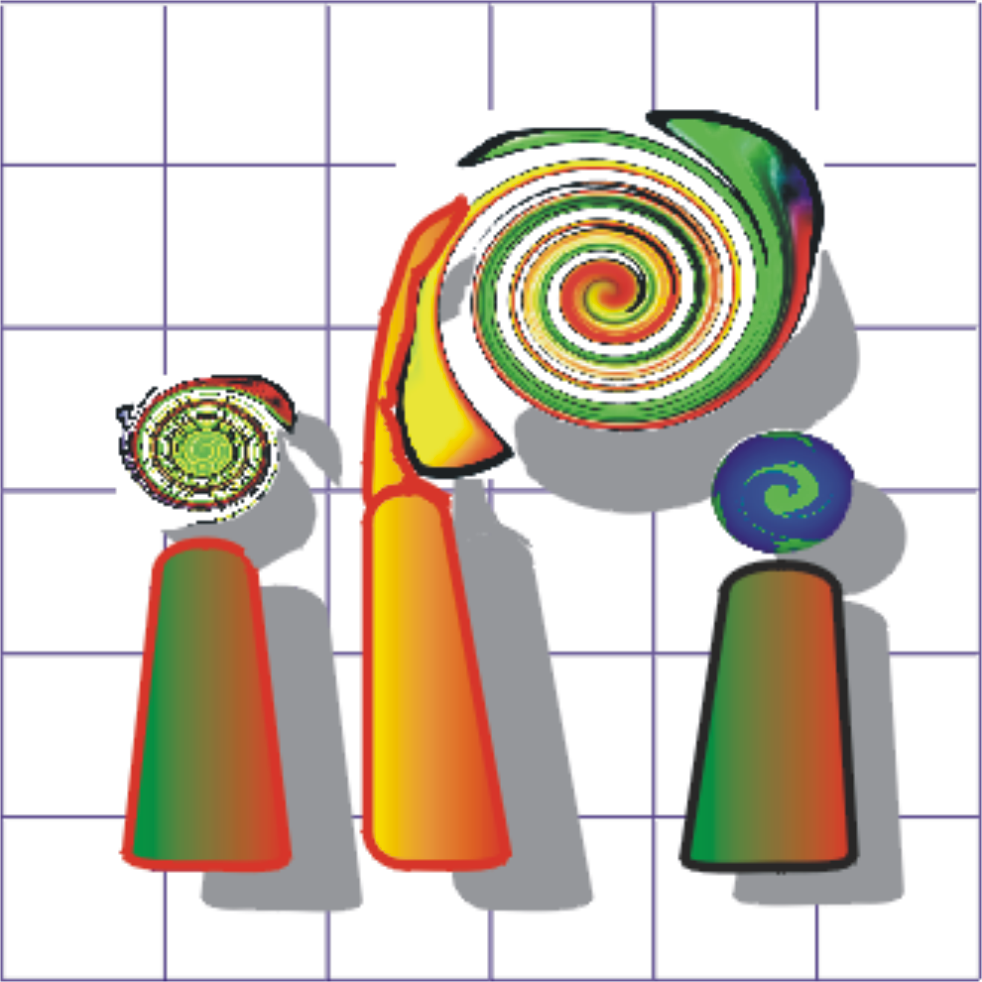Integrating land use classification of remote sensing data and GIS for the control of urban growth in developing countries (2002)
| Team: | Faith Karanja, Peter Lohmann |
| Year: | 2002 |
| Duration: | 1999 - 2002 |
| Is Finished: | yes |
Research Group: Thematic Image Analysis and Geo-Information
Background and Goal
Current and reliable geographical information on land use information is necessary for urban development planning. This is especially important in developing countries, where the growth of a town can be rapid and significant.
The aim in this project, is to extract land use data from remotely sensed data and GIS Information to facilitate land use negotiations
Task and Methodology
In Principle, urban land use in developing countries can be divided into three categories, namely; developed land (residential, industrial area, etc), transition land(open area, area under development) and reserved land (forest, water bodies, garden, parks, etc).
Automatic interpretation land use approaches exist, for instance unsupervised and supervised classification, as well as methods that employ GIS data. In this regard different methods and data resolution will be analysed and tested. Existing, historic and current data for a fast growing region, namely the EXPO 2000 region in Hannover will be employed in the first phase of the project.
Data to be investigated
Multispectral Data: SPOT, Landsat TM,
aerial photos.
Panchromatic Data: SPOT PAN, IRS-1C,
Orthophotos.
GIS-Data: AKTIS DLM25,
TK 25, DGK 5



